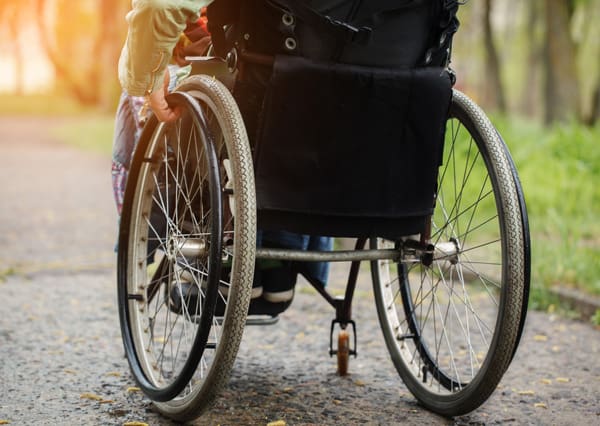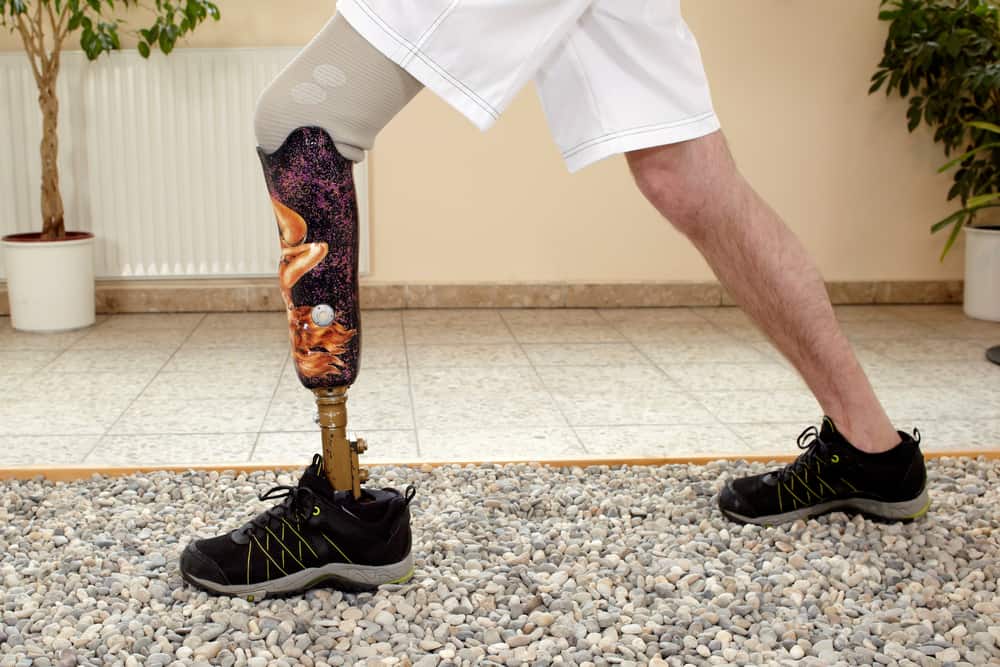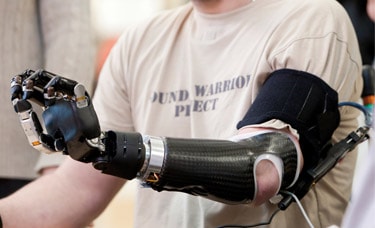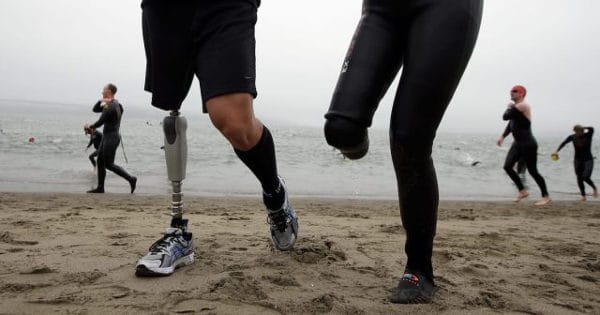People with disabilities are often limited by their disability. It can affect their day to day life, the activities they are able to do and how others treat them. People in wheelchairs cannot go where people who can walk do, blind people cannot see what we see and deaf people cannot hear what we hear.
However, there is a subset of people in this world who become disabled by choice. Transabled people, or “transabled” for short, have an overwhelming desire to become disabled themselves. Also known as Body Integrity Dysphoria, BIID, or BID, an increasing number of these people are injuring themselves in an attempt to become disabled, as they claim to feel like imposters in their own bodies. They are driven by a need to feel what it is like to be paralyzed, blind or missing a limb. To them, their able-bodied life is extremely dissatisfying and they would rather be disabled.

Transabled cases
One transabled man, known as Jason, spent months researching ways to remove his arm and learning first aid to prevent himself from bleeding to death. He even practised amputation on animal parts he bought from a butcher.
Jason went on to deliberately drop a concrete block on his legs in an attempt to injure himself so badly an amputation would be needed. Doctors saved the leg, leaving Jason with a limp, but it’s not the disability he wanted.
Alexandre Baril, a Quebec academic who lectures on transability, says of the condition, “The person could want to become deaf, blind, amputee, paraplegic. It’s a really, really strong desire.”
The condition can be life-threatening, as many who identify as transabled arrange “accidents” in their efforts to achieve their desired body type and often nearly kill themselves.

Transabled and transgender community relationship
Many transabled people identify strongly with transgender people, as they feel they’re not in the right body and believe transability should be treated similarly to transgenderism.
Clive Baldwin, a Canadian academic, suggests that amputation may help transabled people in the same way cosmetic surgery helps transgender people achieve their ideal bodies.

But, sadly, the transabled community has been met with open hostility from parts of the disabled community, who feel transablism steals valuable resources from disabled people and even romanticizes disability.
This leads to secrecy among many transabled people, with one 78-year-old man who wished to remain anonymous revealing he’d lived with the secret for over 60 years and never told his wife.
There is a wide range of reasons as to why transabled people do what they do. Some people feel as though they were born into the wrong body and that their able bodied life should never have happened. For some, it is a sexual fetish, and for others it may be because they feel more comfortable in a wheelchair even though there is nothing wrong with their legs.
People who have not experienced being disabled often have a hard time understanding why transabled people do what they do. It is very easy to condemn it as attention seeking or attempting to escape from reality, but that does not help anybody understand why this phenomenon exists. It is important to understand that transabled people are just as real as other people with disabilities and may need the help of professionals.
Is being transabled a mental illness?
Doctors who first hear a patient confess to being transabled are often confused or uncertain how to deal with it. They may dismiss the complaints as a symptom of psychosis, but that is not always the case. Transabled people have been known to cause themselves harm in order to become disabled. It is not unheard of for them to intentionally damage their eyes, break their legs or try to become paralyzed.
These people are often pushed further into their disability by doctors who tell them there is nothing wrong with them. This can only make the problem worse and has led to many transabled people becoming suicidal over time. The best course of action is to help these people without judging them.

